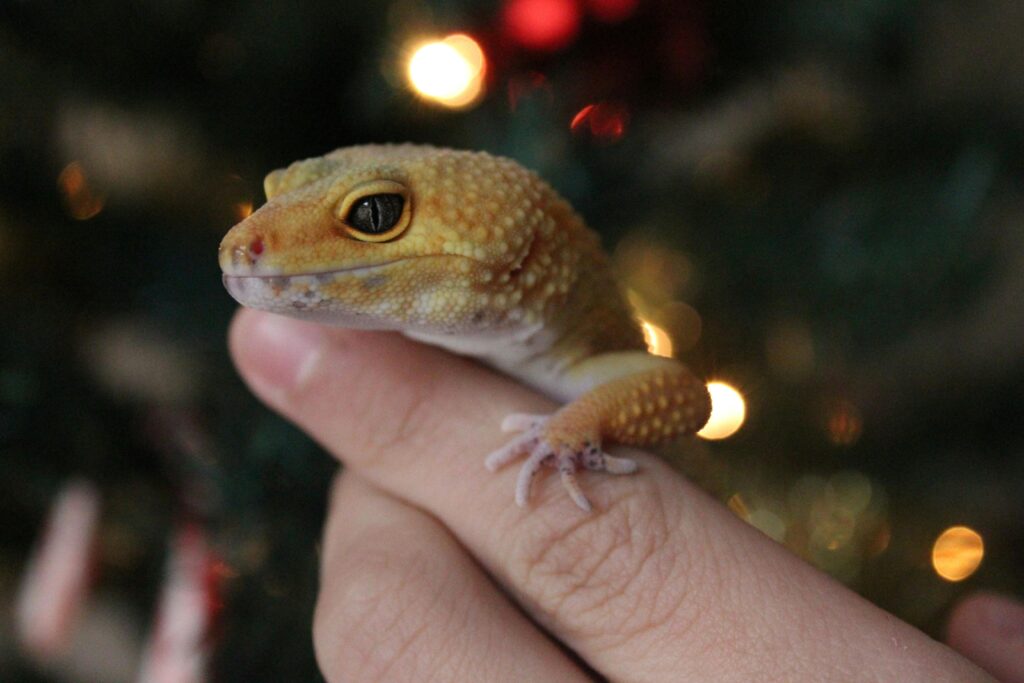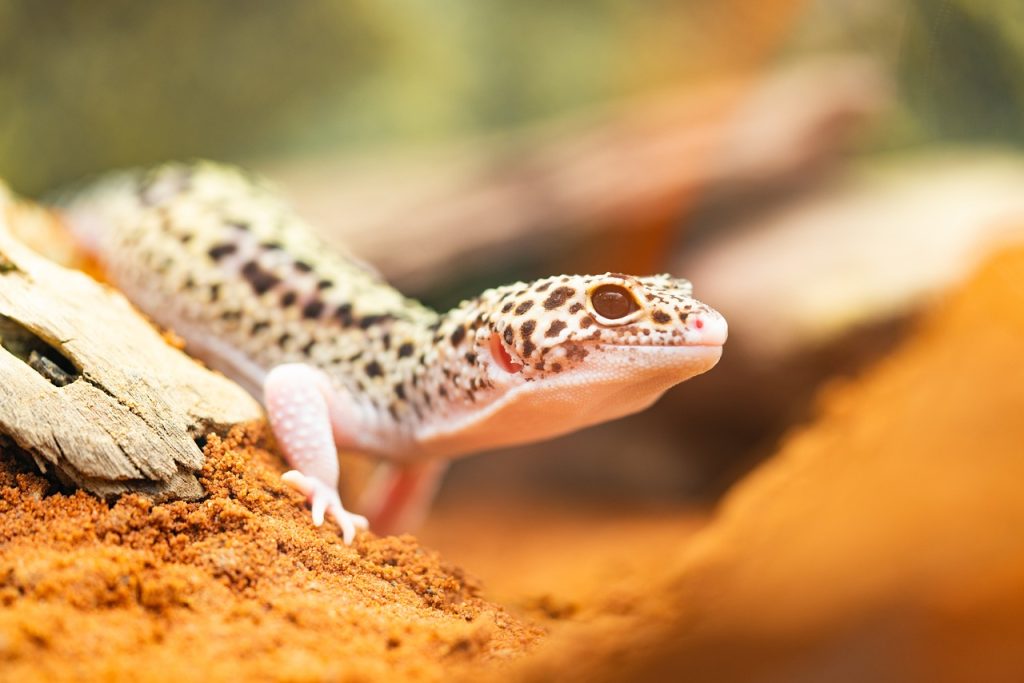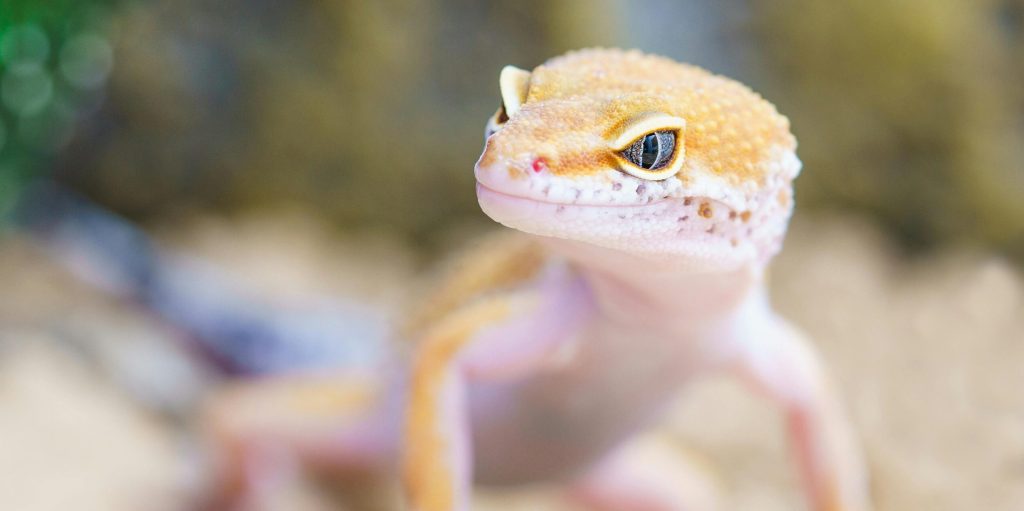The Super Snow Leopard Gecko (Eublepharis macularius) is an intriguing morph that has captured the attention of reptile enthusiasts. With its eye-catching look and unique genetic traits, this gecko variant has become a popular choice among both hobbyists and breeders. In this detailed guide, we will cover everything you need to know about Super Snow Leopard Geckos, including their origins, care needs, and breeding tips.
What is a Super Snow Leopard Gecko?
Super Snow Leopard Geckos are a specific morph of the well-known leopard gecko species. They are recognized for their striking white or pale gray coloration, often featuring dark spots or bands. The term “super” indicates the homozygous nature of the snow gene, which gives them a more vivid and dramatic appearance compared to standard snow morphs.

Origins and History
| Year | Milestone |
|---|---|
| 1994 | First Snow morph discovered |
| 2004 | Super Snow variant emerged |
| 2010 | Widespread popularity in pet trade |
The Super Snow morph was first created in the early 2000s through selective breeding efforts. It quickly became popular due to its unique look and the exciting possibilities for creating beautiful combinations with other genetic traits.
Physical Characteristics

Super Snow Leopard Geckos generally exhibit:
- A pale white or light gray base color
- Dark spots or bands, which are often more noticeable in younger geckos
- Solid white or very light-colored eyes
- An average length of 8-10 inches when fully grown
- A weight range of 50-80 grams for adults
Genetics Behind Super Snow Leopard Geckos
The Super Snow trait is a recessive genetic mutation.
- To create a Super Snow gecko, both parents need to carry at least one copy of the snow gene.
- When two carriers of the snow gene are bred together, there’s a 25% chance of producing a Super Snow offspring.
This genetic background makes Super Snows an exciting foundation for developing various combinations with other morphs.
Care Requirements
Proper care is crucial for the health and longevity of Super Snow Leopard Geckos:
- Housing: A 20-30 gallon terrarium is suitable for an adult.
- Temperature: Maintain a basking spot of 88-90°F, with a cool side around 75°F.
- Humidity: Keep relative humidity at 30-40%.
- Substrate: Use non-particle substrates like reptile carpet or tile.
- Hides: Offer multiple hides to ensure security and aid in thermoregulation.
UVB Lighting and Specialized Care
Super Snow Leopard Geckos are relatively easy to care for compared to other reptiles, as they don’t need specialized care like UVB lighting or heating lamps. However, some keepers opt to provide low-level UVB lighting to help with vitamin D3 production, which can enhance the gecko’s overall health. If you choose to use UVB lighting, ensure it’s not too strong and that your gecko has plenty of shaded areas to retreat to.
Humidity and Shedding
Humidity is vital for Super Snow Leopard Geckos, especially during shedding. The night before they shed, these geckos can appear very pale, almost white. To ensure a successful shed, a moist hide is essential. You can create one by placing damp moss in a small container with an entrance hole, allowing the gecko to manage its humidity. If your gecko struggles with shedding, particularly around the toes or eyes, a gentle soak in lukewarm water for about 15 minutes can help loosen any stuck shed.
Feeding Schedule and Supplements
For feeding, a good guideline is to feed geckos under 1.5 years old once a day, while older geckos can be fed every other day. When it comes to supplements, dust the feeder insects with calcium powder about twice a week and provide a multivitamin once a week. Additionally, keep a small dish of plain calcium powder in the enclosure for your gecko to lick as needed.
Feeding and Nutrition
Super Snow Leopard Geckos are insectivores, and their diet should include:
- Staple foods like crickets, mealworms, and dubia roaches.
- Occasional treats such as waxworms (in moderation).
- Gut-loaded insects that are dusted with calcium and vitamin supplements.
- Feeding schedule: Adults should be fed 2-3 times a week, while juveniles may require more frequent feedings.
Health Considerations
Although generally hardy, Super Snow Leopard Geckos can be susceptible to certain health issues:
- Metabolic Bone Disease (MBD) due to a lack of calcium.
- Respiratory infections if they are kept in overly humid environments.
- Shedding problems, especially around the eyes and toes.
Regular veterinary check-ups and proper care can help prevent most health issues.
Breeding Super Snow Leopard Gecko
Breeding Super Snows can be a rewarding experience, but it requires careful planning:
- Sexual maturity is typically reached at around 18-24 months.
- The breeding season usually occurs from January to September.
- Females can lay several clutches of 2 eggs each season.
- The incubation period lasts about 45-60 days at temperatures of 82-84°F.
Super Snow Leopard Gecko Variations
The Super Snow gene can be mixed with other morphs to produce beautiful variations:
| Morph Combination | Description |
|---|---|
| Mack Super Snow | Intense white coloration |
| Super Snow Eclipse | Solid white eyes |
| Super Snow Albino | Pink-eyed white gecko |
Some popular combinations are Super Snow Raptor, Super Snow Blizzard, and Super Giant Mack Snow.
Popularity in the Pet Trade
Super Snow Leopard Geckos have become quite popular due to their distinctive look and relatively simple care needs. Prices typically range from $100 to $500 or more, depending on the specific genetic traits and the reputation of the breeder.
Ethical Considerations
If you’re thinking about getting a Super Snow Leopard Gecko as a pet, it’s essential to:
- Buy from reputable breeders who prioritize the well-being of the animals
- Be aware of the long-term commitment involved in gecko ownership (15-20 years lifespan)
- Avoid supporting the wild-caught reptile trade
FAQs Section:
Their care needs are quite similar to those of regular leopard geckos, which makes them a good choice for responsible beginners.
Begin with brief, gentle handling sessions a few times a week, and slowly extend the time as your gecko gets more comfortable.
Keeping them in separate enclosures is usually advisable to avoid stress and possible aggression.
Check for clear eyes, active behavior, consistent eating patterns, and healthy shedding.
Although it’s not essential, some owners provide low-level UVB lighting to aid in vitamin D3 production.
Conclusion:
Super Snow Leopard Geckos are intriguing animals that provide a unique and fulfilling pet ownership experience. Their eye-catching appearance and relatively easy care requirements make them a great option for both new and seasoned reptile lovers. By learning about their genetic makeup, care needs, and ethical considerations, you can help ensure a happy and healthy life for these beautiful geckos.

